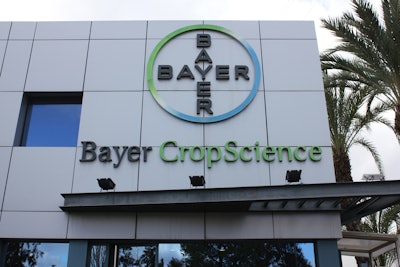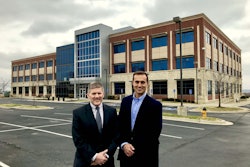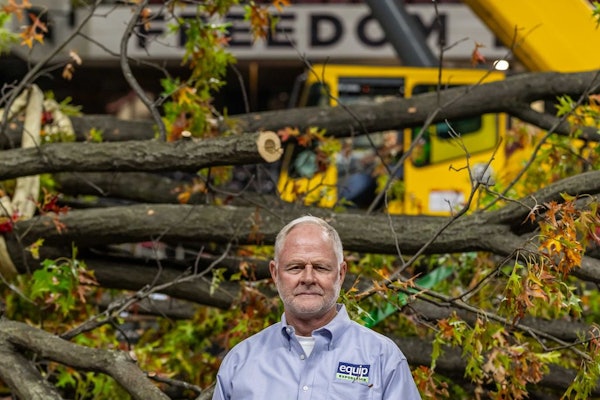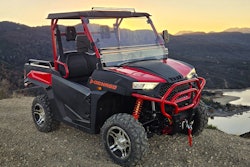 Photo: Consorcio Provincial Bomberos Valencia/Flickr
Photo: Consorcio Provincial Bomberos Valencia/FlickrLast week, it was announced that Bayer did, indeed, win the European Union’s (EU) approval for the merger with Monsanto by agreeing to bolster BASF SE by selling vegetable seeds, digital agriculture technology and pesticides to the world’s largest chemical company.
In September 2016, Monsanto accepted Bayer’s sale proposal of an all-cash deal worth $66 billion, or $128 per share.
At the time, Bayer said it would be taking on $57 billion in debt to finance the purchase, but the company expected to generate $1.2 billion in annual cost synergies and $300 million in additional sales after three years.
The announced merger was the biggest deal of 2016 and was the largest all-cash transaction on record. At the time, investors were skeptical about whether the merger would make it past regulatory obstacles, even though the combination of a one-stop shop of seeds and pesticides seemed a likely pairing.
For this seed transaction to gain approval, Bloomberg reports that the EU said the buyer and seller needed to “provide further evidence” of BASF’s ability to build an important competitor for the enlarged Bayer. Bloomberg also notes that the transaction was worth more than 6 billion in euros, which amounts to approximately $7.4 billion.
A buyer for Bayer’s vegetable seeds unit hasn’t been specified, but Bayer has suggested BASF should take over.
“We have made sure that the number of global players actively competing in these markets stays the same,” EU Competition Commissioner Margrethe Vestager told the Chicago Tribune. “That is important because we need competition to ensure farmers have a choice of different seed varieties and pesticides at affordable prices.”
The Chicago Tribune reports that Bayer must still convince United States regulators who are pushing for the companies to divest more assets to resolve antitrust concerns, and Bayer is suing the Russian antitrust watchdog over an order for it to share technology with Russian companies.
Bayer hopes to still complete the deal by the end of the second quarter and has scheduled its earnings presentation for Sept. 5. The Chicago Tribune says the company is closely working with the U.S. Department of Justice.
The Chicago Tribune reports that since this announcement, environmentalists have bombarded Vestager with requests to block the merger, as they believe it will harm human health, farming and the environment. Vestager says that many of these concerns went beyond competition policy and the Bayer/Monsanto merger.
Fortune reports that this deal is the last of three big agricultural deals that are reshaping global farming. Last year, DuPont Co. had to sell most of its global research and development operations to placate EU concerns over its merger with Dow Chemicals Co. To win approval for its Syngenta AG bid, Fortune says China National Chemical Corp. also divested some overlapping products.
The Chicago Tribune says BASF is lined up to buy Bayer’s global broadacre seeds and traits, including its research-and-development operations. Along with Bayer’s research on genetically modified traits, the Chicago Tribune says the divestment covers oilseed rape, soybean, wheat and cotton.
Bayer’s glufosinate assets and three research lines for herbicide will also be purchased by BASF. These research lines for herbicides are designed to replace glyphosate, which is a weed killer that the Chicago Tribune says some European countries are moving to ban.
Monsanto’s Nemastrike unit will also be taken over by BASF to protect seeds from worms, according to the Chicago Tribune, and it will license a copy of Bayer’s digital agriculture operations and research pipeline.
The EU tells the Chicago Tribune that in Europe this will allow “BASF to replicate Bayer’s position in digital agriculture” to ensure the race “in this emerging field remains open.”










